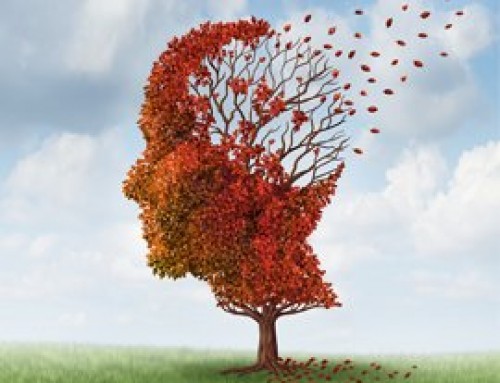 Nutrients help your body thrive. They provide you with energy and encourage organ function, helping you to stay healthy. Your body relies on these nutrients to keep your health in an optimal state, and as time goes on your body relies on them even more to combat the effects of hormonal fluctuations and other aspects of aging that are common during menopause and andropause.
Nutrients help your body thrive. They provide you with energy and encourage organ function, helping you to stay healthy. Your body relies on these nutrients to keep your health in an optimal state, and as time goes on your body relies on them even more to combat the effects of hormonal fluctuations and other aspects of aging that are common during menopause and andropause.
A nutrient rich diet can help alleviate some of the most common symptoms of age, including:
- Memory loss
- Hot flashes and night sweats
- Joint pain
- Weight gain
Symptoms like these develop as a result of hormone fluctuations. Following a nutrient rich diet on its own may not deliver much relief for these symptoms, but when combined with your anti-aging therapy, a healthy diet can offer substantial improvements to your health.
Dietary Guidelines for Aging Healthily
Men and women alike benefit from following a healthy diet. While your antiaging specialist can introduce treatment methods that can provide relief from symptoms you are currently struggling with, a healthy diet can encourage long-term resolution of illness and vitality.
Just consider the quote from Hippocrates, the namesake of the Hippocratic Oath every physician takes: “Let food be thy medicine and medicine be thy food.”
There are a collection of healthy eating habits that are highly encouraged for everyone, especially those entering menopause or andropause. These include:
- Eat a diet rich in vegetables and fruits
- Encourage good digestion with plenty of fiber
- Eat a diet rich in calcium to preserve muscle and bone strength
- Eat plenty of iron to encourage strength and mental clarity
- Drink 64 ounces of water every day
- Reduce your consumption of trans and saturated fats
- Consume sugar and salt in moderation
If you are struggling with excess weight, participating in a medical weight loss program can provide many of these nutritional benefits while helping you lose weight.
Supplementing your Anti-Aging Diet
As you explore new foods and take steps to adopt a more nutritionally dense diet, you may consider using nutritional supplements. A supplement is a nutritional product that contains healthy ingredients to boost a particular aspect of your health.
There are many forms of supplements, including:
- Oral vitamins
- Minerals
- Herbal supplements
- Meal replacements
- Sports nutrition products
Taking nutritional supplements can increase your nutrient intake without impacting your caloric intake, making them a common resource for those who are managing their weight level. As you age, there are certain supplements that are especially recommended to help you overcome certain symptoms highly associated with hormone imbalance, menopause and andropause.
These supplements include:
- Flaxseed: This herbal supplement is known to help alleviate night sweats and hot flashes.
- Calcium: For those who do not get enough calcium in their diet, oral supplements are recommended. Calcium prevents bone loss and encourages muscle strength. Don’t take a full dose of oral supplements at once, as it is difficult for the stomach to absorb. Consider taking calcium in smaller increments with meals throughout the day.
- Vitamin D: Vitamin D is available in supplement form, but you can also get it by soaking up some sun. This vitamin improves bone health and mental clarity.
- Ginseng: Ginseng is known to improve sleeping habits and boost mood. It can often be found in tea.
Following a nutrient rich diet can often encourage positive health during your anti-aging program, and quality supplements are a great tool for maximizing your daily nutrient intake. However, don’t add any supplements to your diet without first consulting with Dr. Croland.





Leave A Comment